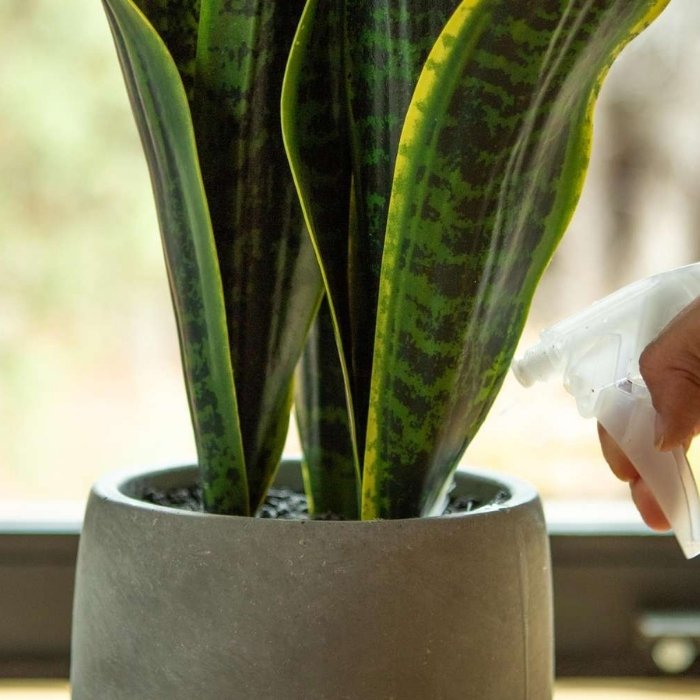Neem Oil for Plants: The Ultimate Guide for Garden Health
Neem oil has become a cornerstone in sustainable gardening and plant care. This versatile, natural remedy has been used for centuries to protect plants, enrich soil, and promote robust growth. In this comprehensive guide, we will delve into the many uses and benefits of neem oil for plants, providing you with all the information you need to optimize your garden’s health.
What is Neem Oil?
Neem oil is derived from the seeds of the neem tree (Azadirachta indica), a species native to the Indian subcontinent. The oil is extracted through cold pressing or solvent extraction methods and contains potent active compounds such as azadirachtin, nimbin, and salannin. These compounds are known for their antifungal, antibacterial, and insecticidal properties, making neem oil a powerhouse in organic gardening.
Benefits of Neem Oil for Plants
1. Natural Pest Control
Neem oil is highly effective against a wide range of pests, including aphids, whiteflies, spider mites, and mealybugs. The active ingredient azadirachtin disrupts the reproductive cycle of insects, preventing them from feeding, mating, and laying eggs. This ensures long-term pest control without harming beneficial insects like bees and ladybugs.
2. Fungal Disease Prevention
Neem oil has strong antifungal properties that help combat diseases like powdery mildew, black spot, and root rot. By creating a protective barrier on plant surfaces, it inhibits fungal spore germination and stops the spread of infections.
3. Enhances Soil Health
When neem oil is added to soil, it acts as a natural fertilizer and soil conditioner. It promotes microbial activity, enriches the soil with nutrients, and repels soil-dwelling pests like nematodes. This results in healthier roots and improved plant growth.
4. Safe and Eco-Friendly
Unlike synthetic pesticides, neem oil is biodegradable and poses no harm to humans, pets, or the environment. It is an excellent choice for organic and sustainable gardening practices.
How to Use Neem Oil for Plants
1. Neem Oil Spray for Pest Control
To create a neem oil spray, mix the following:
- 1 liter of water
- 2 teaspoons of neem oil
- 1 teaspoon of liquid dish soap (acts as an emulsifier)
Stir the mixture thoroughly and spray it on affected plants, ensuring coverage on the tops and undersides of leaves. Apply once a week for severe infestations and once every two weeks as a preventative measure.
2. Soil Drench for Root Health
A neem oil soil drench helps tackle root rot and nematodes. Mix the following:
- 1 liter of water
- 1 tablespoon of neem oil
- 1 teaspoon of dish soap
Pour the mixture around the base of plants, allowing it to soak into the soil. Repeat every three weeks for optimal results.
3. Neem Oil as a Leaf Polish
Neem oil can be used to clean and polish the leaves of indoor plants. Dilute 1 teaspoon of neem oil in 1 liter of water and gently wipe the leaves with a soft cloth. This not only removes dust but also keeps pests at bay.
Precautions When Using Neem Oil
- Do not overapply: Excess neem oil can block sunlight and impede photosynthesis.
- Avoid use during extreme temperatures: Apply in the early morning or late evening to prevent leaf burn.
- Test on a small area: Before applying neem oil to an entire plant, test it on a small section to ensure compatibility.
Neem Oil for Specific Plants
1. Vegetables
Neem oil is ideal for vegetables like tomatoes, cucumbers, and peppers. It protects against aphids, whiteflies, and fungal diseases while being safe for edible crops.
2. Ornamental Plants
For flowers such as roses, neem oil helps prevent black spot and powdery mildew, ensuring vibrant and healthy blooms.
3. Fruit Trees
Neem oil can protect fruit trees like apple, citrus, and mango from common pests and diseases, enhancing fruit quality and yield.
4. Houseplants
Indoor plants like pothos, peace lilies, and spider plants benefit greatly from neem oil’s pest-repelling and leaf-cleaning properties.
Common Mistakes to Avoid
- Using undiluted neem oil: Always dilute neem oil before application to prevent plant damage.
- Ignoring emulsifiers: Without dish soap or an emulsifier, neem oil won’t mix well with water.
- Applying during peak sun hours: Direct sunlight on neem-treated plants can cause scorching.
Neem Oil Alternatives
While neem oil is highly effective, some gardeners may prefer alternatives like insecticidal soaps, horticultural oils, or diatomaceous earth for specific needs. However, neem oil’s combination of pest control, fungal prevention, and soil health enhancement makes it unparalleled.
Conclusion
Neem oil is a must-have for any gardener aiming to grow healthy, pest-free plants sustainably. Its multifaceted benefits—from pest control to soil enrichment—make it a valuable addition to your gardening toolkit. By following the guidelines in this article, you can harness the full potential of neem oil to create a thriving, vibrant garden. Spider Plant Care

